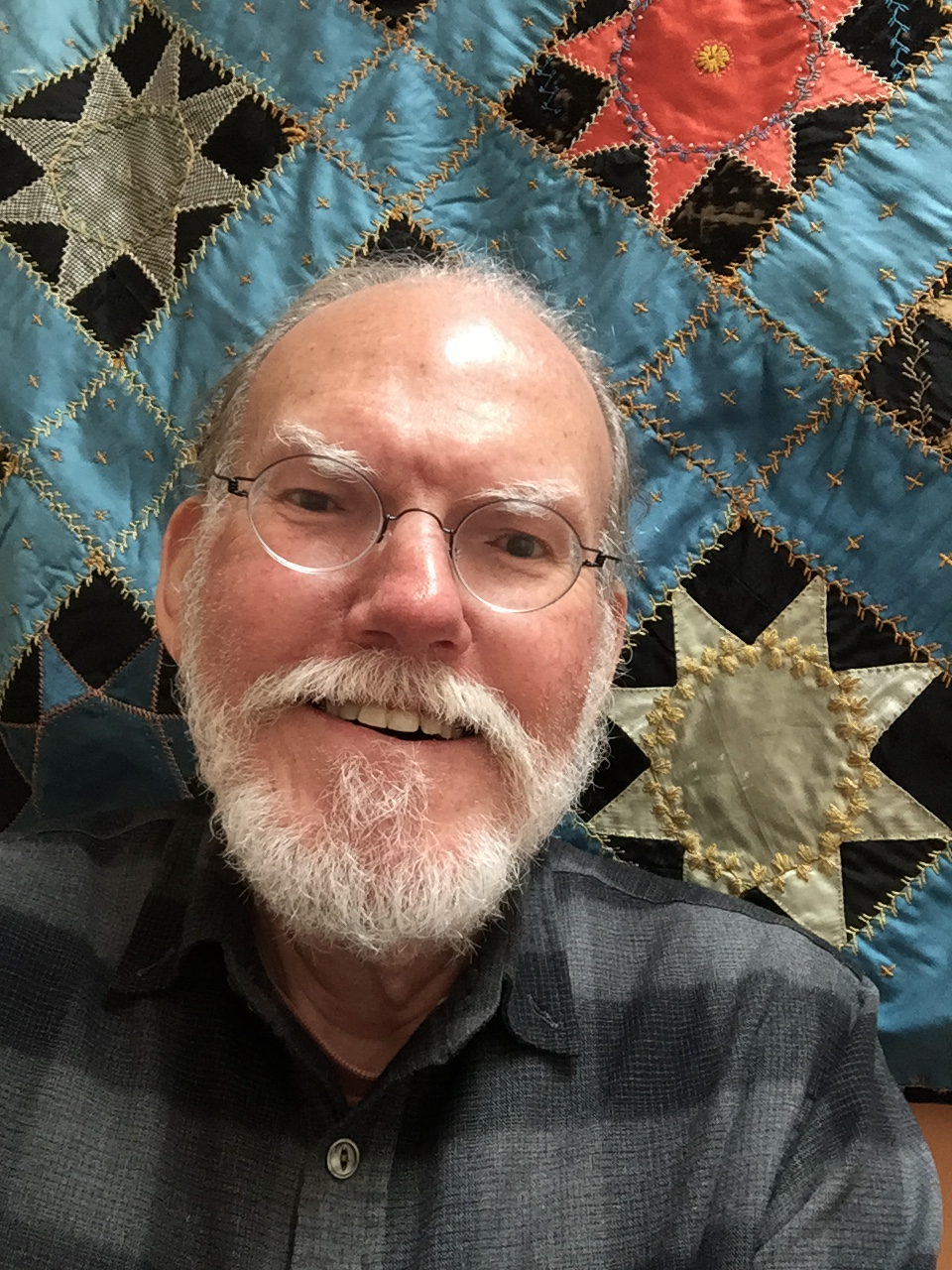
Associate Professor
Folklorist and Ethnographer
glenn@unc.edu
919-962-1661; 919-451-3950
Alumni Building 490F
Research Interests
Publicly-engaged and Community-based Scholarship, Public Folklore, Race and Reparations, Collaborative Ethnography, African-American Expressive Cultures, Trauma-responsive Ethnography, Vernacular Belief Studies, North American South, Vernacular Poetry
Research Background
The places of passion that fuel creativity; the realms of meaning that inspire connection; the domains of spirit that challenge actions that dehumanize and subvert hope; the collective power that enlivens resilience and enables liberatory dreams—these are the sites that center my studies as a publicly engaged folklorist. Invoking “folklore” in a community of anthropologists can be a bit touchy, as the word so easily draws unto itself connotations of colonial and classist pasts, along with legacies of racist othering. While I recognize this problematic past, I also freely claim the title of folklorist. To speak of “folklore” now is to speak of the connections between community and creativity, of the choices that draw people together in aesthetic accord. My teaching, my studies, and my work in and with communities explore the nature of this meaningful accord. In so doing, they recognize that work in communities must mean work with communities. As researchers, we are also public servants, following the guidance of our community-based teachers to explore and interpret collaboratively. My work as a folklorist—whether exploring the hidden histories of African American poetics or re-peopling the erased narratives of victims of racial terror—is work that always unfolds collectively, and that always invites audiences beyond the academy. One example would be the Descendants Project, an initiative wherein I work with students and communities to uncover the strategically obscured narratives of N.C. lynchings, so that we might learn about the victims’ families and then trace those families to the present-day. We then invite those families to become part of community-based memorialization efforts, following the path set forth by the Equal Justice Initiative and re-visioned by the communities whom are our partners.
